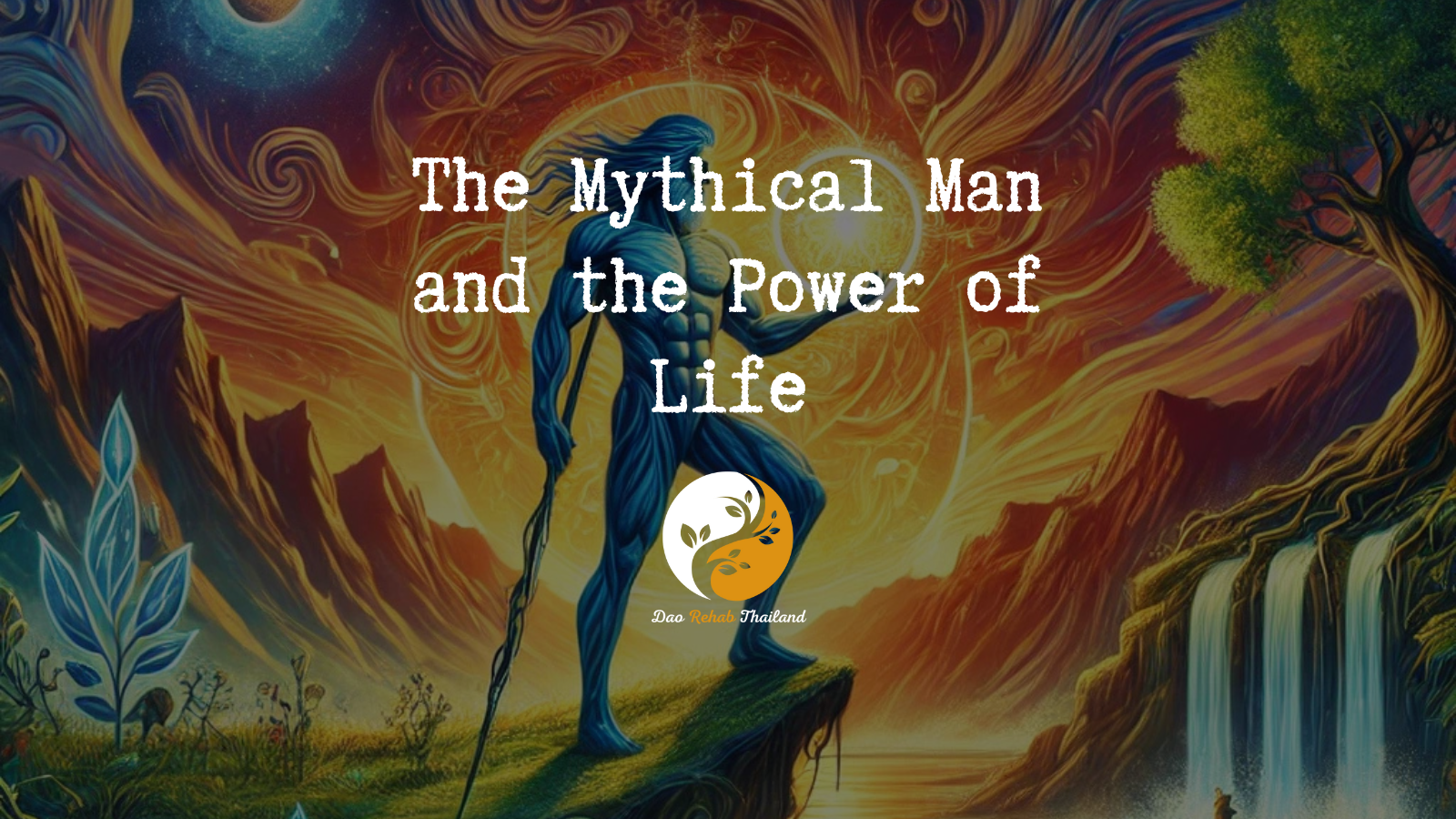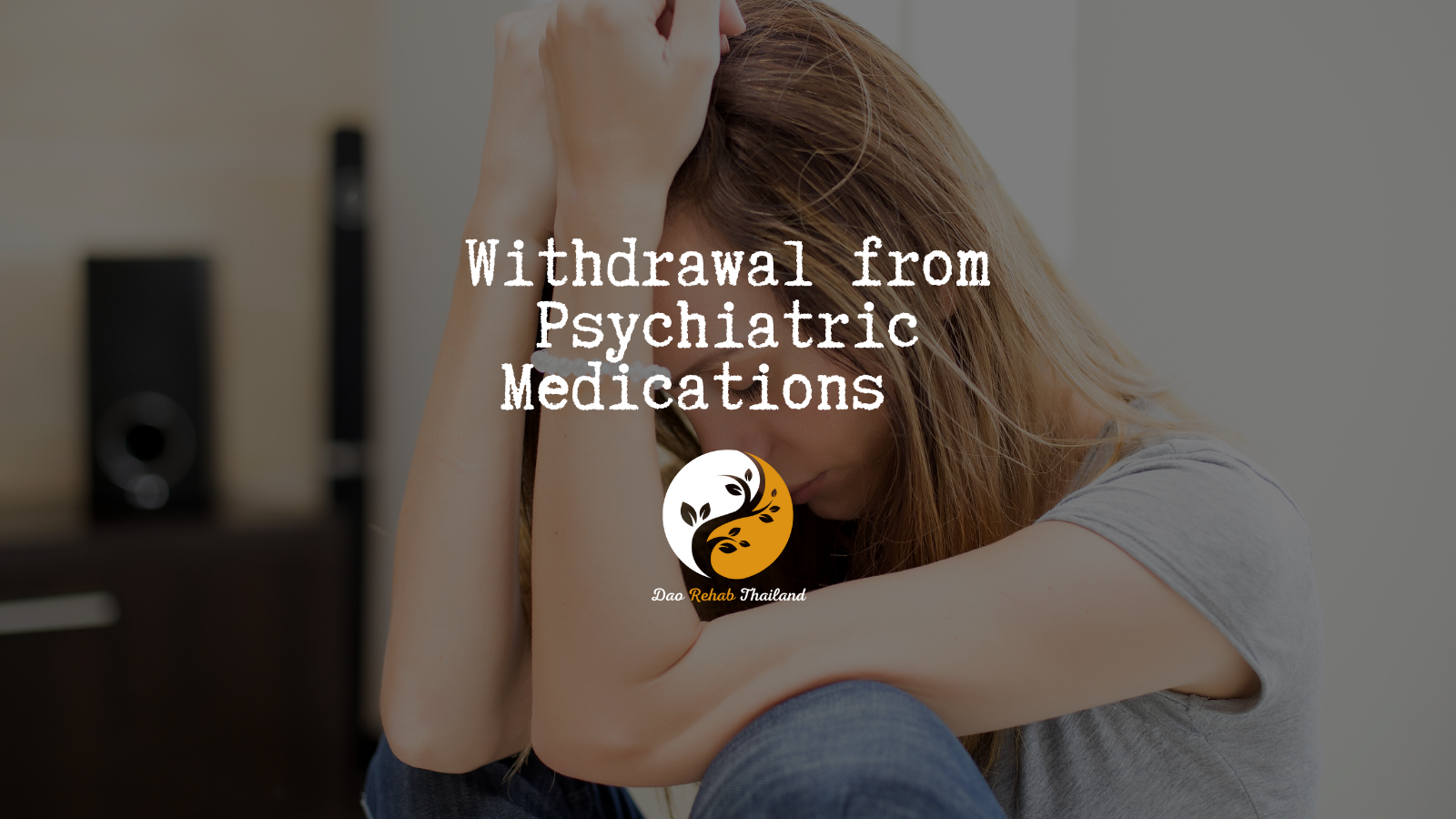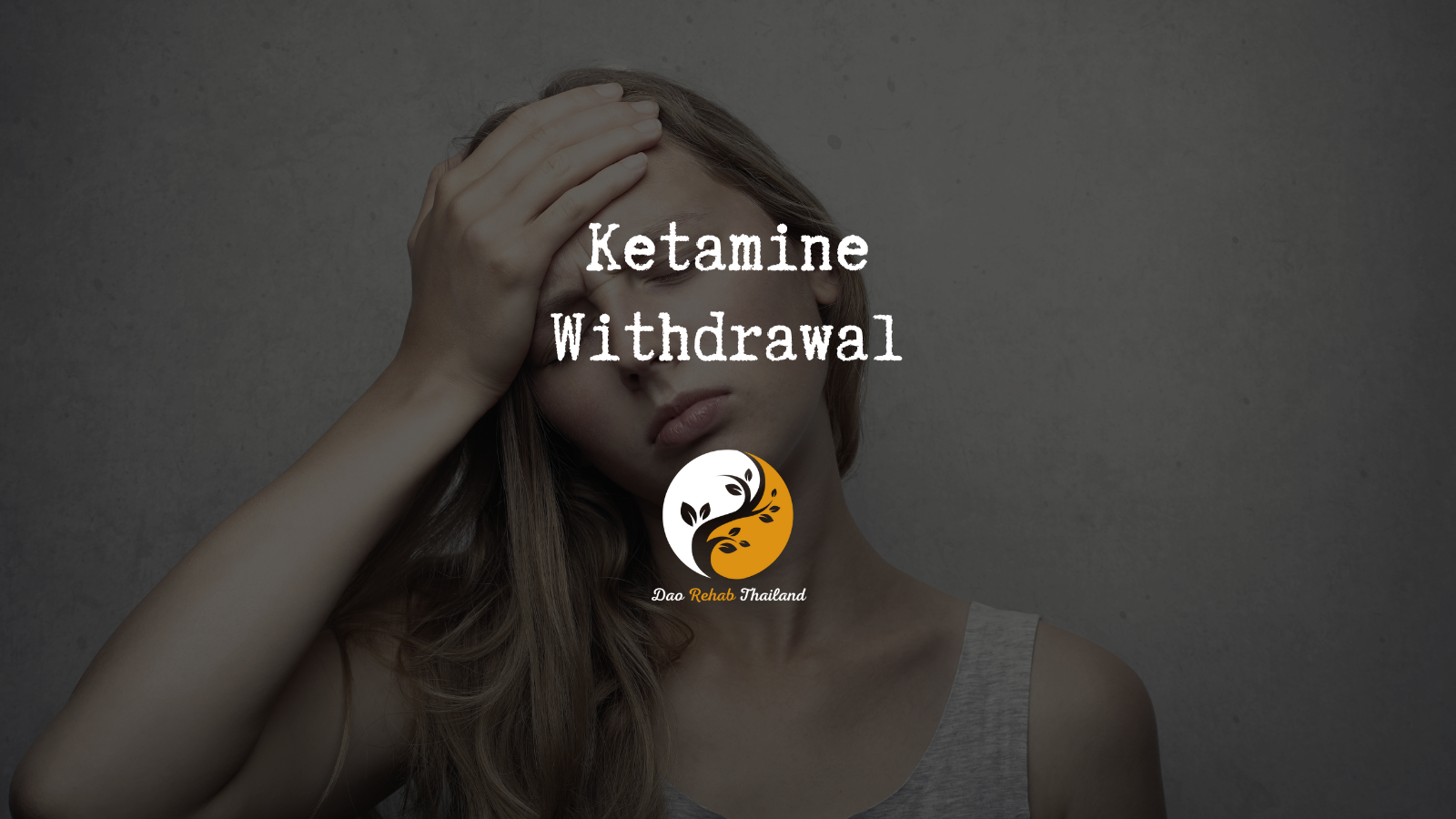
Carl Jung – The Mythical Man and the Power of Life
The mythical man and the power of life
“Turning the impossible into possible”

"Detox from Drugs at a Luxury Holistic Center in Thailand and Israel"

Carl Jung - The Mythical Man and the Power of Life
The twentieth century saw a dramatic shift in Western society, from a traditional and religious reality to a modern and scientific world. Carl Gustav Jung, a Swiss psychiatrist and psychoanalyst, observed the profound change in consciousness that was taking place and noticed its implications for the human psyche.
He saw how people were abandoning religious institutions and ancient beliefs, and turning to science as a new savior. Europe was undergoing a process of accelerated technological development, an industrial revolution, and an unprecedented scientific boom.
"Holistic Center for Trauma, Addiction, and Mental Imbalance Treatment in Thailand"
“Come to the beginning of your journey to freedom from addiction to alcohol, drugs, and pills, and rediscover your life within the serene embrace of DaoTherapy Rehab in Thailand—where holistic healing meets empowering recovery.”
DaoTherapy Holistic Rehab
Key Elements of Drugs Detox:
Medical Supervision: Drugs detox must be conducted under medical supervision, as the body may experience withdrawal symptoms. These can include nausea, anxiety, muscle aches, and insomnia. A medical team will monitor and manage these symptoms to ensure the patient’s safety and comfort.
Holistic Therapies:
Holistic Therapies: Many detox programs incorporate holistic therapies such as mindfulness, yoga, and meditation to help individuals cope with stress and anxiety during the detox process. These therapies support the mind-body connection and contribute to overall recovery.
Tapering Process
Tapering Process: Drugs detox often involves a gradual tapering of the drug to reduce withdrawal severity. Doctors will slowly decrease the dosage over time to allow the body to adjust to lower levels of the substance.
Psychological Support:
Psychological Support: Like any addiction recovery process, detox from Drugs includes psychological support. This can involve counseling, therapy, or support groups to address the mental and emotional aspects of addiction.
Post-Detox Treatment:
Post-Detox Treatment: After completing detox, continuing treatment is crucial to prevent relapse. This often includes participation in ongoing therapy, group support, and the development of new coping strategies to maintain sobriety.
Modern man disconnects from the past and traditional myths
Jung identified a worrying trend in which modern man is becoming disconnected from the past and traditional myths, and is being uprooted from his ancient cultural ground. He noticed that while Western man acquires extensive scientific knowledge and develops rational thinking, he simultaneously loses his connection to the world of emotion, beliefs, and ancient rituals. The result is a sense of alienation, meaninglessness, and existential emptiness.
Jung believed that ancient myths and symbols are part of human existence, and played an important role in giving meaning and purpose to life. He argued that man needs a spiritual and religious framework in order to live a full and fulfilling life. The sharp transition from the traditional world to the scientific world caused many to lose their “inner strength” and feel disconnected from the deep sources of strength.
Comparing modern Western man with primitive man or the child, Jung found that the latter possess important qualities that the former had lost. Children and primitives live in harmony with their myths and emotions, naturally expressing their needs and uniqueness. Modern man, on the other hand, suppresses his feelings and intuitions, and submits to the demands of a rational-technological society.
According to Jung, Western man must find a way to balance the scientific world and his inner-emotional reality. He must return to and connect with the ancient myths and symbols, which constitute a universal language of the soul. At the same time, he must avoid drifting and becoming confused between the worlds, and maintain a rational anchor in external reality.
The task facing humanity is to create a new synthesis, combining scientific logic and traditional wisdom, technological progress and spiritual development. Only through this balanced combination can we fully realize human potential and live a rich life, full of meaning and true joy. The journey of self-discovery and connection to inner sources of power is a central calling of man in the modern era.

contact us
Contact us with your questions
We would love to speak with you! Feel free to reach out with any questions.

get in touch
Schedule a free consultation
Schedule a free consultation with our team and let’s make things happen!
The transition from tradition to modernity
The twentieth century witnessed enormous transformations in Western society, which moved from a traditional and religious reality to a modern and scientific world. These changes dramatically affected human consciousness and the way in which humans perceive reality and their place within it. Carl Gustav Jung, a renowned Swiss psychiatrist and psychoanalyst, was one of the most prominent thinkers who analyzed the implications of the modern revolution on the mind and spirit.
Disconnection from the Roots: Abandoning Tradition and Faith
Jung observed a process in which humans were abandoning traditional religious frameworks and ancient beliefs en masse, and turning to science and rationality as a new source of knowledge and inspiration. In parallel with the rapid development of science and technology, a process of demythologizing also occurred, in which the ancient myths, symbols, and rituals that had shaped humanity’s worldview for thousands of years were gradually abandoned.
The Rise of the Scientific Age: Intellectual and Material Flourish
Europe experienced extraordinary processes of industrial revolution, scientific development, and technological flourishing during this period. Man was able to expand the boundaries of human knowledge and create impressive engineering marvels that made his life easier and increased his power. Material wealth increased and the quality of life improved, and many saw science and progress as tools that would lead humanity to a bright and hopeful future.
The Dangers of Disengagement: The Loss of Spirituality and Inner Depth
Despite the promise inherent in the modern world, Jung also noticed the dark and dangerous sides of the rapid transition from tradition to science. He saw how Western man was gradually moving away from the emotional, intuitive, and spiritual world that characterized his predecessors, and adopting an alienated, cold, and mechanistic worldview. Humans have lost touch with the great myths and eternal truths that gave meaning and depth to their lives from the beginning.
Longing for the Lost: Modern Man and the Inner Child
Comparing modern Western man with the child and primitive man, Jung found that the latter embody spiritual qualities that were lost in the new world. The child and the savage live in a consciousness that unites the physical with the spiritual, and do not try to suppress the world of imagination and emotion in favor of cold rational thinking. They are in harmony with natural forces and experience existence as a single organic whole. In contrast, modern man tries to control and transcend nature, but suffers from feelings of alienation, loneliness, and helplessness.
The Challenge: Creating a Synthesis Between Reason and Emotion
The great challenge facing contemporary man, according to Jung, is to re-create the connection between the worlds that have been torn and separated – between reason and emotion, between science and spirit, between the external and the internal. The West needs a new approach, one that combines the advantages of the modern and technological world with the wisdom and timeless insights of tradition and myth. A model must be developed that will allow man to find a balance between his intellectual and material aspirations and the deep needs of his soul.
Journey to the Self: The Search for Meaning in a Modern Age
In order to deal with the crisis of consciousness created by modernity, each and every one is required to embark on an inner journey and rediscover the true self. Only through introspection and a renewed connection with the personal myth can one find the meaning and purpose that will provide a life of wholeness and fulfillment. Focusing on the spiritual and transformative dimension of existence is essential to overcoming the problem of meaninglessness that characterizes the current era.
Towards a Balanced and Hopeful Future
Jung’s insights resonate even more strongly in our time, when humanity faces challenges and dangers arising from the disconnection between man, nature, and the deeper dimensions of existence. In order to ensure a balanced and sustainable future, we must strive to create a comprehensive and synthetic worldview that integrates science and mysticism, reason and emotion, matter and spirit. Only by healing the rift within our souls and in society as a whole can we establish an advanced and conscious human civilization that fulfills the inexhaustible potential inherent in man.
Central insights
1. The sharp transition from the old world to the modern world can cause a sense of imbalance and damage to the soul.
2. The modern European has will and purposefulness, but sometimes lacks the strength of life.
3. The child and the primitive arouse in modern man a longing for something that has been lost.
4. The transition to a life based solely on empirical knowledge, while disconnecting from ancient myths, harms us.
5. Myth is essential for a balanced mental existence of the individual and society.
6. Emotions and myth constitute a healing activity and give life magic and meaning.
7. Modern man has moved away from basic needs such as rituals, stories, and community cooperation.
8. The quality of man stems from his ability to express himself out of an inner need and to be part of something greater.
9. Science can never replace the role of myth in providing answers to deep existential questions.
10. Myth must be combined with modern consciousness, but be careful not to “drown” in hallucinations and instability.
practical advice:
1. Do not completely disconnect from ancient traditions and myths, because they are an important part of your identity and soul.
2. Find ways to express your inner feelings and needs, even if they do not always correspond to social expectations.
3. Maintain a balance between the pursuit of achievements and the connection to your authentic self and the human environment.
4. Dare to ask existential questions and search for meaning and spiritual purpose, beyond scientific and rational definitions.
5. Cultivate a connection with nature, art, and creativity as ways to connect to the sources of your inner strength.
6. Remember that life is a journey of continuous learning and development, and that there is no one “right” way to live it – find the path that is right for you.
Psychological Support:
Psychological Support: Like any addiction recovery process, detox from Subutex includes psychological support. This can involve counseling, therapy, or support groups to address the mental and emotional aspects of addiction.
self-talk mantras:
1. Instead of “I feel lost and disconnected” – “I am connected to my deep heritage and the inner strength within me.”
2. Instead of “I must succeed and meet society’s standards” – “I choose to fulfill my unique potential and live my life my own way.”
3. Instead of “Science is the only truth” – “I am open to the wonder and mystery of existence, and know that there are things that go beyond rational explanations.”
4. Instead of “Emotions and imagination are a weakness” – “Sensitivity and creativity are the source of my true strength.”
5. Instead of “I need to suppress my deep needs” – “I listen to my inner voice and give it expression in my life.”
Thought provoking questions:
1. Have you identified in yourself or in your environment phenomena of disconnection from the “power of life” due to the fast pace and emphasis on achievement and logic in modern society?
2. To what extent do you incorporate spaces for observation, listening to emotion, and connecting to immediate experience into your life, as opposed to engaging in scientific and factual knowledge?
3. How can you deepen your connection to myths, rituals, and traditions from the past, and derive meaning and relevance from them for you in the present?
4. Do you feel that you have enough space and freedom to express yourself and your true needs, even if they deviate from prevailing social norms?
5. What steps can you take to enhance the sense of vitality, spontaneity, and joy in your life, and connect to your inner sources of power?








